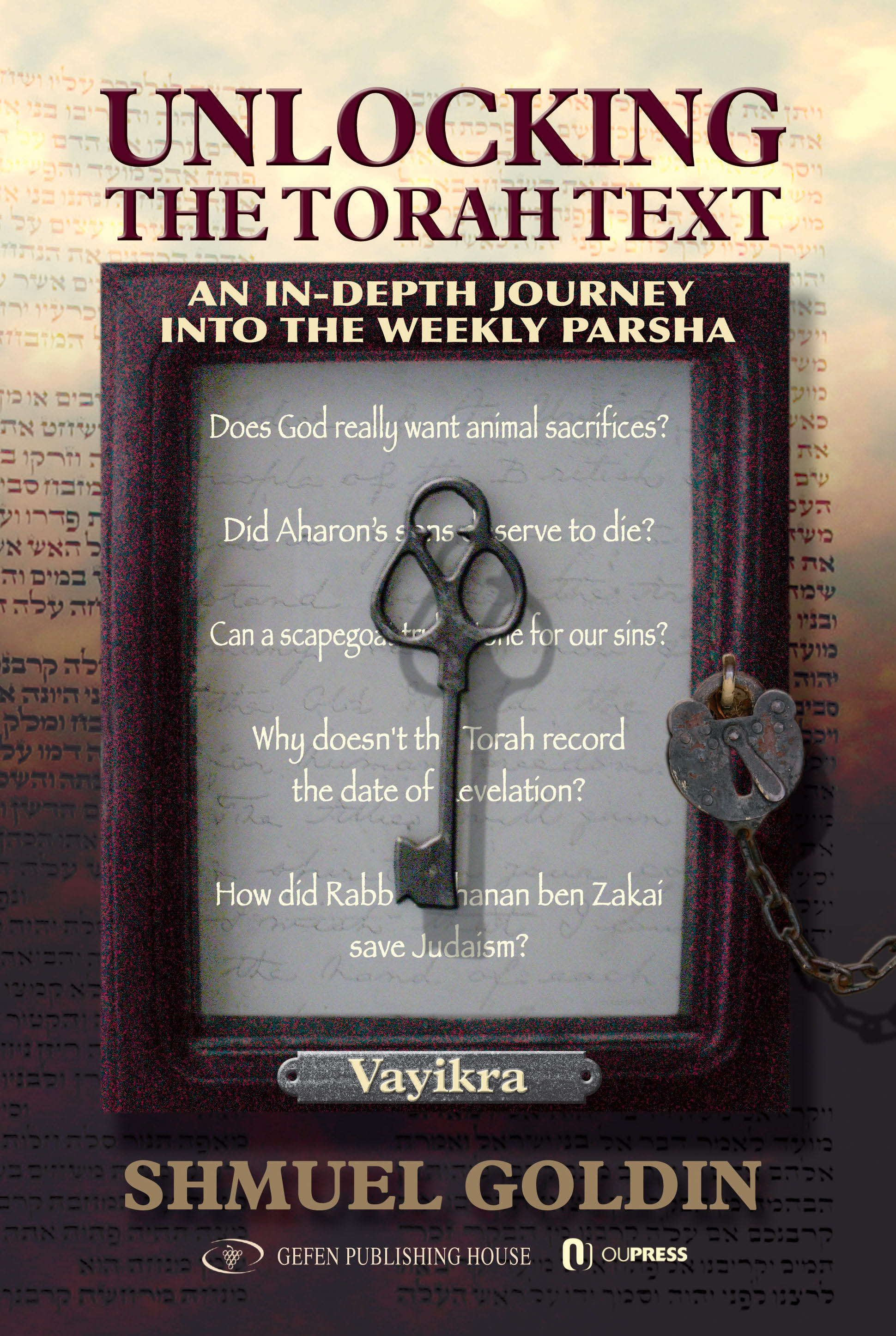Context
As Parshat Emor continues with its description of the festival cycle, we encounter a holiday shrouded in mystery.
A series of enigmas surround both the festival of Shavuot, introduced for the first time in this parsha, and Revelation, the historical event with which Shavuot is associated.
1. Although the rabbis identify Shavuot as Zman Matan Torateinu, the anniversary of the giving of our Torah, no actual connection between the holiday and Revelation is made in the text. Shavuot, in fact, emerges as the only one of the three pilgrimage festivals (Pesach, Shavuot and Sukkot) for which no historical foundation is recorded in the Torah.
2. At no point does the Torah mention an independent calendar date for the festival of Shavuot. Most often, this holiday is identified as the endpoint of the Omer count (see previous study). The festival’s very title, Shavuot (literally “Weeks”) derives from the celebration’s position as the culmination of the seven-week Omer period.
On one occasion (Bamidbar 28:16–39), in a series of passages clearly identifying the holidays by their calendar dates, Shavuot is again the glaring exception, with even the festival’s relationship to the Omer period omitted. In that case, Shavuot is mentioned without any calendar reference at all.
3. The Torah also fails to pinpoint the specific date of the onset of Revelation at Sinai. The text, in fact, seems to deliberately go out of its way to avoid any clear dating of this event.
4. Finally, in contrast to other festivals, no unique observance is associated in the text with the holiday of Shavuot (all-night learning sessions are a minhag, a custom, and not biblically or even rabbinically mandated). This festival is governed only by the generic laws common to all biblical holidays.
Questions
Why does so much mystery surround the festival of Shavuot and the commemoration of Revelation?
Shouldn’t the single most important formative event in Jewish history be clearly dated and uniquely celebrated?
This new feature presents questions on the weekly parsha for your consideration excerpted from Rabbi Shmuel Goldin’s new book, Unlocking the Torah Text on Vayikra.
The words of this author reflect his/her own opinions and do not necessarily represent the official position of the Orthodox Union.
